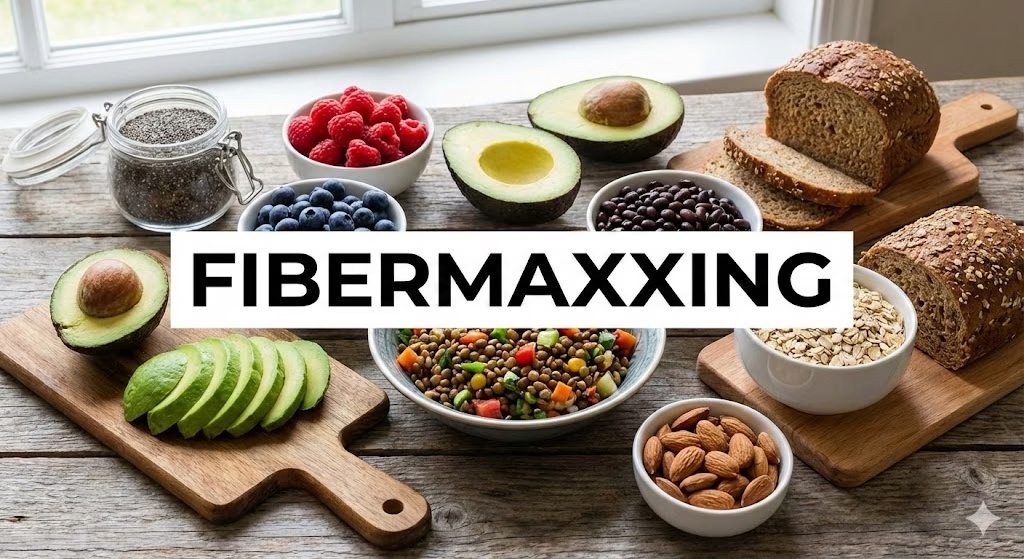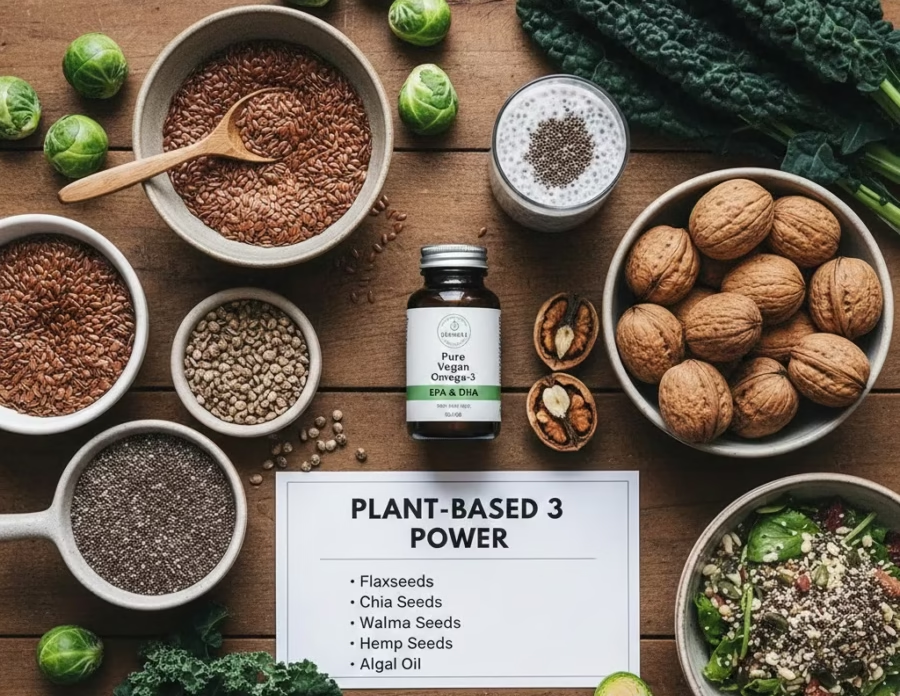
Orange juice is not just a breakfast staple—it’s a worldwide favorite that’s caused a lot of controversy among health professionals. If you’ve ever thought about whether your morning glass is benefiting you, you’re not alone. Let’s dive into the top eight ways orange juice is good for you, beginning with the lesser-known advantages and working up to the most debated reasons people have in their fridge. And also, we will discuss what you should keep in mind before drinking your next glass.

8. It May Prevent Birth Defects
If you’re trying to get pregnant or are already pregnant, folate (a B-vitamin) is essential. Orange juice has a natural amount of folate, which is involved in DNA formation and the development of a fetus. If you consume it while pregnant, you’ll have less chance of a birth defect such as spina bifida. It’s a simple and delicious way to ensure a healthy pregnancy.

7. It Could Decrease Your Chances of Kidney Stones
Kidney stones are no joke—they hurt and can disrupt your entire routine. The good news is that orange juice may prevent them. Research indicates that consuming orange juice can increase the pH level of your urine to become more alkaline and less likely to develop stones. One big study even revealed that individuals consuming OJ every day had 12% less chance of getting kidney stones than those who consumed it hardly ever.

6. It Could Help Ease Inflammation
Chronic inflammation is usually the silent perpetrator of serious diseases such as heart disease and even cancer. Orange juice is rich in antioxidants, which can soothe inflammation in the body. It is shown to decrease certain markers such as CRP and IL-6, which are associated with chronic diseases. Drinking OJ daily could be an easy way to provide your body with a little anti-inflammatory kick.

5. It’s Good for Your Heart
Heart disease remains the global leading cause of death, but you can do a few things to protect your heart—and orange juice could be one of them. Research has established that drinking it daily can reduce “bad” LDL cholesterol levels and increase “good” HDL cholesterol levels. It’s also been linked to reduced blood pressure, thanks to heart-friendly nutrients like potassium and flavonoids such as hesperidin. Just two glasses a day over a few months could make a difference.

4. It Supports a Strong Immune System
We all know that orange juice contains a lot of vitamin C, which does a lot to keep your immune system in top condition. It also contributes to bone health and healing wounds. While drinking a glass of OJ isn’t going to keep the cold from coming, it certainly provides your body with ammunition to fight off infections and maintain strength.

3. It’s Full of Antioxidants
Consider antioxidants as your body’s clean-up team, eliminating harmful free radicals and lowering oxidative stress. Orange juice contains a high concentration of a number of antioxidants, such as vitamin C, flavonoids, and carotenoids. An antioxidant-rich diet is associated with reduced risk of chronic diseases such as heart disease, diabetes, and some forms of cancer.

2. It’s Packed with Important Nutrients
Orange juice is not all about vitamin C. It also contains potassium, folate, magnesium, and—if you opt for the fortified varieties—calcium and vitamin D. These nutrients serve a range of vital purposes, from maintaining blood pressure within healthy levels to keeping bones strong and DNA functioning properly.

1. It is a Serving of Fruit (But Be Aware of Sugar and Fiber)
One cup of juice counts as a full fruit serving, which is good news if you’re looking to boost the amount of fruit you eat. But there is a catch: unlike fruit, juice doesn’t contain any fiber. That means it won’t satisfy you long, and the sugar will get into your bloodstream fast. While it’s an easy way to get some nutrition, combined with whole fruits, you can have the best of both worlds—nutrition and satiety.

Things to Remember: Sugar, Fiber, and Choosing the Right Juice
Orange juice tastes sweet for a reason—there’s about 21 grams of natural sugar in a single cup. And although it’s not added sugar, your body treats it pretty similarly, especially without the fiber to slow things down. That’s why it’s best to go for 100% orange juice with no added sugars and keep your portions in check—especially for kids.

If you’re looking to make the healthiest option, opt for orange juice that includes pulp for an added dose of fiber. Fortified juices that contain calcium and vitamin D are also a great choice. And if you want to make things lighter, try mixing your juice with some water. It’s still delicious and reduces the amount of sugar and calories.

Orange juice can certainly be included in a healthy diet—just remember, balance is key. Whole fruits still reign supreme when it comes to fiber and satiety, but an occasional glass of OJ? That’s something to be proud of.













